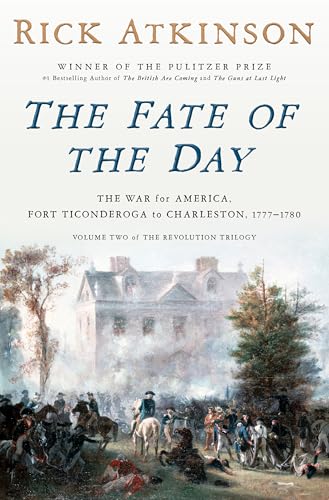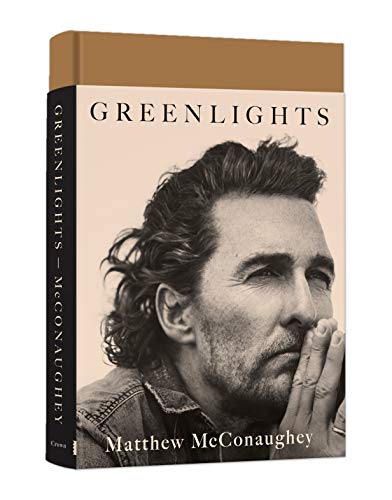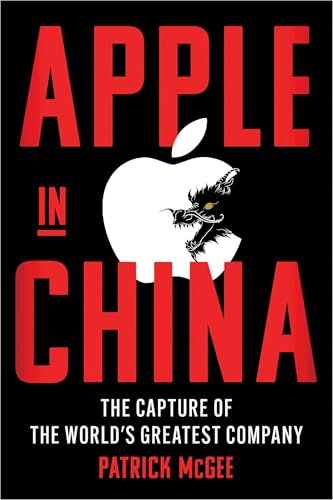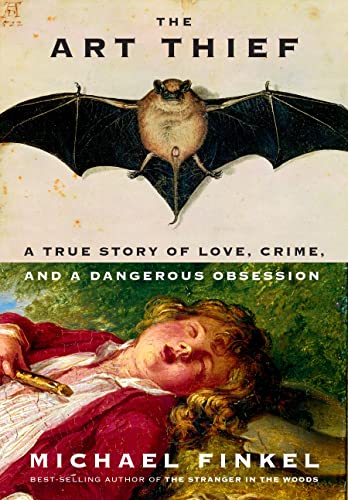Review of THE FATE OF THE DAY
by Johny McFliggen, PhD Literature & Business, Oxford
Ah, Rick Atkinson, the master craftsman of military chronicles, takes us once more into the breach with "THE FATE OF THE DAY," an ambitious foray into the tumultuous middle years of the American Revolution. The title alone evokes a sense of gravitas, as if Shakespeare himself were penning the tale of battles fought not just with muskets and bayonets, but with ideals and destinies.
Atkinson, whose Liberation Trilogy has set the gold standard for military history narratives, pivots from the vestiges of World War II to the nascent struggles of a fledgling nation. As someone who has always managed to balance rigorous academic research with an almost cinematic flair for storytelling, Atkinson does not disappoint. This work is reminiscent of Lin-Manuel Miranda's "Hamilton," where historical figures leap off the parchment and onto the stage of our imaginations—only here, the soundtrack is replaced by the cacophony of gunfire and the clashing of sabres.
The narrative structure is both dense and enlightening, not unlike David McCullough’s "1776," but with a more intimate focus on the personal stakes of the revolutionaries. Atkinson’s portrayal of these middle years gives us a gritty yet profoundly respectful look at the complexities and contradictions of this era. While previous works have sketched broad strokes of this period, Atkinson zeroes in on the granular details—those moments that pivoted the course of history.
The book does not merely recount battles; it deconstructs them, much like how Ken Burns might unravel a war documentary, layer by layer, revealing human nature amidst chaos. Atkinson’s prose is both a scalpel and a paintbrush, dissecting tactical maneuvers while painting vivid portraits of key figures. His treatment of personalities such as George Washington is particularly insightful, portraying him as less the demigod of cherry tree lore and more as the conflicted, determined leader navigating a war with uncertain allies and a divided Continental Congress.
In comparison to his earlier works, Atkinson’s latest offering maintains the meticulous attention to detail that has become his hallmark. However, "THE FATE OF THE DAY" diverges slightly by embracing a more philosophical tone. It questions not just what the revolution achieved, but at what cost and for whom. This reflective quality places it in conversation with works like Joseph Ellis's "Founding Brothers," where the emphasis is on the interplay of personalities that shaped history.
For those eager to traverse the battlefields of Saratoga or peer into the war rooms of Philadelphia with fresh eyes, Atkinson’s narrative provides both a compass and a map. Yet, it is his ability to humanize these historical events that remains his greatest strength. In capturing the essence of this pivotal period, Atkinson reaffirms why he stands shoulder to shoulder with the titans of historical non-fiction.
If "THE FATE OF THE DAY" were indeed an episode in a long-running historical epic series, it would be that mid-season peak where character development and plot twists converge, leaving us eagerly anticipating what will come next. As always with Atkinson, the journey is as enriching as it is enlightening. A must-read for anyone seeking to understand not just the events that shaped America, but the very nature of revolutionary change itself.
Purchase Link: THE FATE OF THE DAY on Amazon



